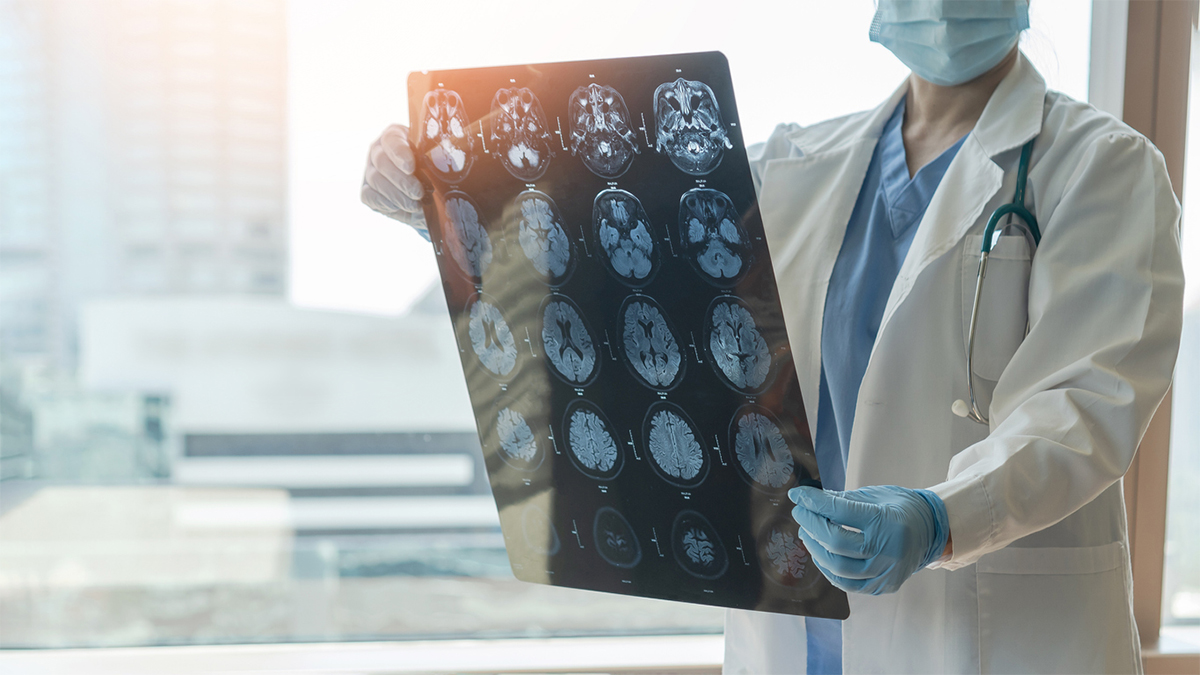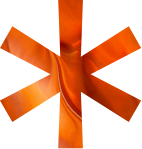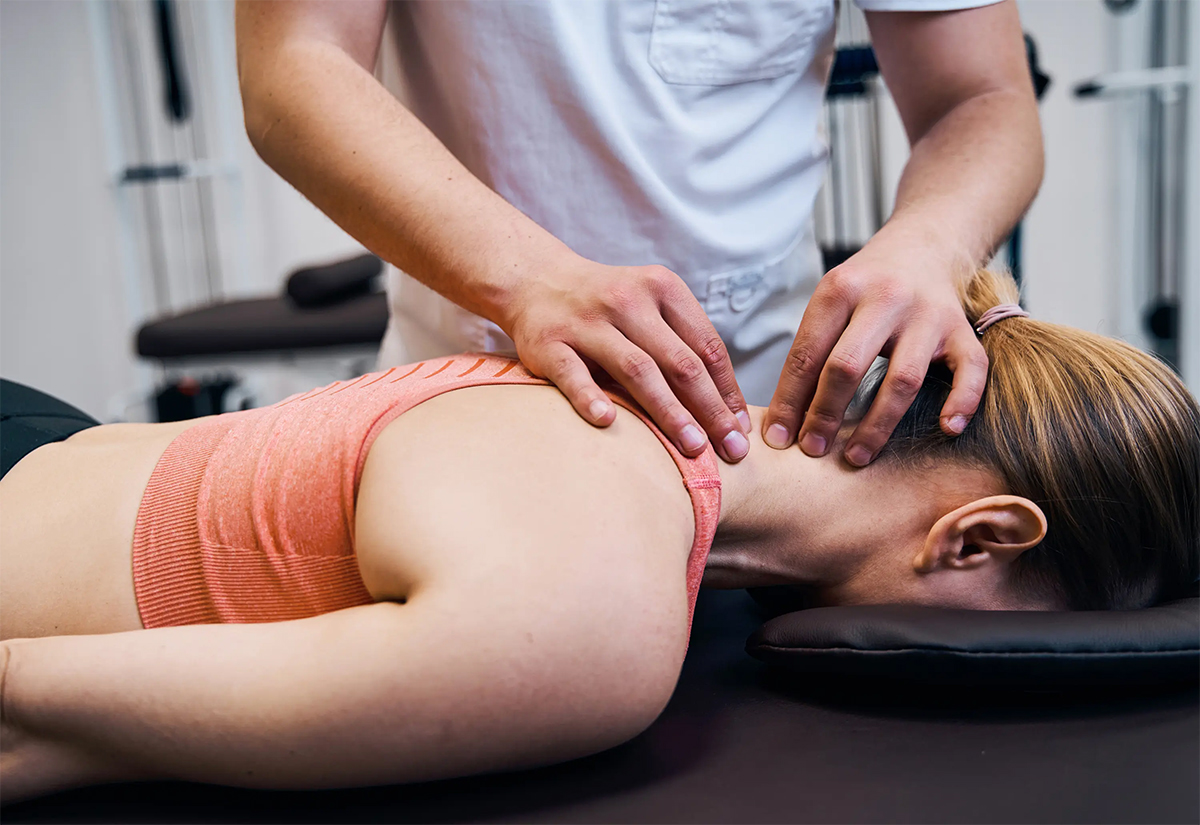Portland Work Injury Migraine Headaches Chiropractor
Suffering from debilitating migraine headaches after a work injury in Portland?
ProCare Chiropractic Center specializes in providing chiropractic care for individuals dealing with migraine headaches caused by work injuries. Our team of experienced professionals is dedicated to helping you find relief and improve your quality of life.
Call us at (503) 899-0707 to book a free consultation today!
Migraine Headaches After a Work Injury
Managing migraine headaches after a work injury requires individuals to:
In the US, 1 in 6 employees live with migraines. [1]

Common Causes for Migraine After a Work Injury
Migraine headaches following a work injury can result from various factors related to the injury itself or subsequent changes in the body’s physiology or environment. Here are some common causes for migraines after a work injury:

Work-Related Injuries that Can Cause Migraine Headache
Work-related injuries that can potentially lead to migraine headaches include:


Common Symptoms of Migraine Headache After a Work Injury
Migraine headaches following a work injury can present with a variety of symptoms, which may overlap with those experienced in other types of headaches or injuries. Here are some common symptoms of migraine headaches after a work injury:

Chiropractic Treatment for Migraine After a Work Injury
Employees with migraines are more likely to experience other conditions such as mental health disorders, chronic pain, and sleep disorders. [1]
Chiropractic treatment can be an effective approach for managing migraines after a work injury, particularly if the migraines are related to musculoskeletal issues or spinal misalignment. Here’s how chiropractic care can help:
Benefits of Chiropractic Care for Migraine After a Work Injury
Chiropractic care for migraines following a work injury offers numerous benefits. It provides effective pain management through spinal adjustments and soft tissue therapy, offering relief from migraine symptoms.
By addressing spinal misalignments, ProCare Chiropractic Center can potentially reduce the frequency of migraine episodes and improve overall nerve function.
Our chiropractors collaborate with other healthcare providers to ensure a comprehensive approach to migraine treatment, thereby enhancing the overall effectiveness of care. Through these approaches, we can play a valuable role in managing migraines after a work injury, addressing both symptoms and underlying causes.

Contact Our Experienced Chiropractors Today
Our team is dedicated to providing effective pain management, reducing migraine frequency, improving nerve function, correcting posture, offering ergonomic guidance, and implementing stress reduction techniques.
With our collaborative approach to treatment, you can trust us to address both your symptoms and underlying causes. Contact ProCare Chiropractic today to schedule an appointment and start your journey toward relief and wellness.
Sources:
[1] Migraine at Work – Migraine at work. (2022, January 26). Migraine at Work. https://migraineatwork.org/infographics_migrain/migraine-at-work/
[2] Migraine and work – National Migraine Centre. (2024, January 27). National Migraine Centre. https://www.nationalmigrainecentre.org.uk/corporate-wellbeing/migraine-and-work/

